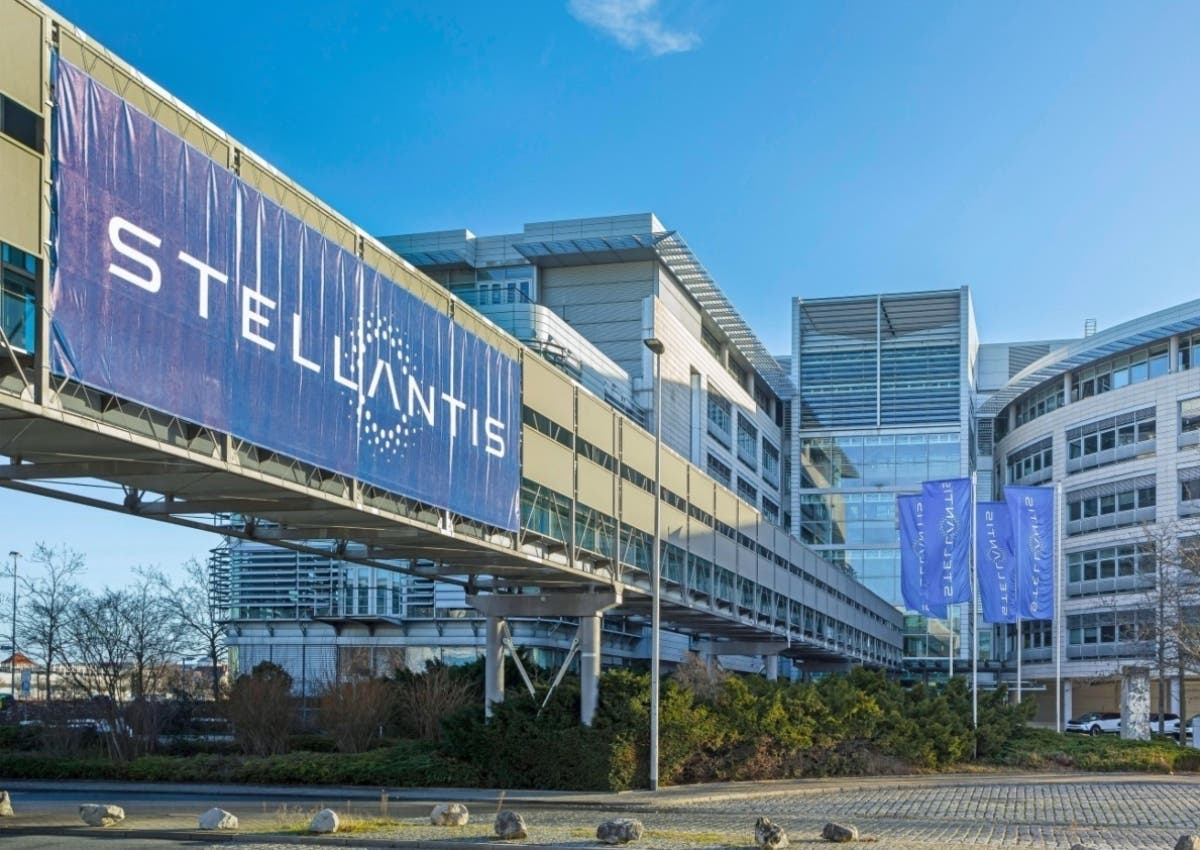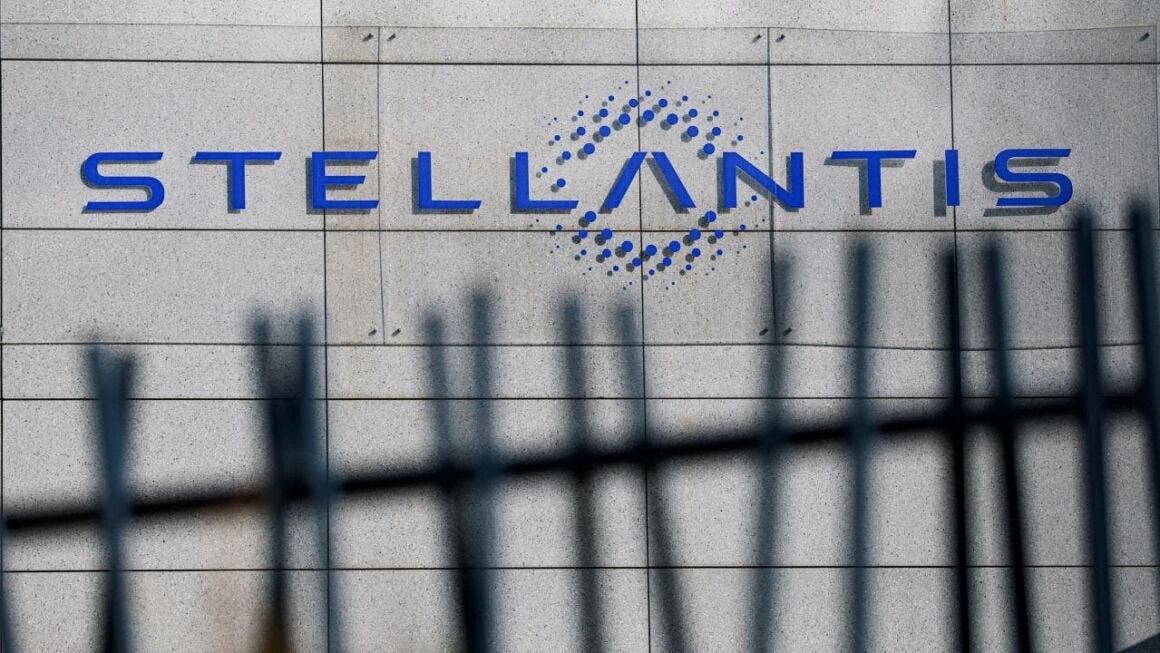The European Commission has imposed fines totaling 458 million euros on several car manufacturers for forming an illegal cartel related to end-of-life vehicle recycling. Volkswagen must pay 128 million euros, Renault 81 million euros, and Stellantis approximately 75 million euros. Mercedes-Benz was spared because it was the first to report the existence of the cartel.
Stellantis sanctioned by EU with €75 million fine

The investigation discovered that 16 car manufacturers and the European Automobile Manufacturers Association (ACEA) violated competition rules for over 15 years, from 2002 to 2017. All companies involved have admitted their responsibilities and accepted the sanctions.
The cartel operated on two main fronts. First, the manufacturers collectively decided not to pay auto dismantlers for processing end-of-life vehicles, claiming that recycling was already profitable enough for these operators. This policy, called “Zero-Treatment-Cost,” prevented recycling companies from receiving fair compensation. The car manufacturers also exchanged confidential information about their agreements with auto dismantlers.
Second, the manufacturers agreed not to advertise the amount of recycled materials used in new cars. This agreement aimed to prevent consumers from choosing cars based on their environmental sustainability, which would have forced manufacturers to improve their ecological standards beyond the minimum legal requirements.
ACEA facilitated these illegal agreements by organizing meetings between car manufacturers and allowing the exchange of information that should have remained confidential in a competitive market.
For Stellantis, this fine comes at a delicate time as the group is trying to strengthen its image in sustainability with significant investments in electrification. The sanction highlights a gap between public statements supporting the environment and business practices adopted in past years.
This European Commission decision could push the entire automotive sector to reconsider its approach to recycling and the circular economy, viewing them not just as costs to minimize but as essential elements of a truly sustainable business strategy.

